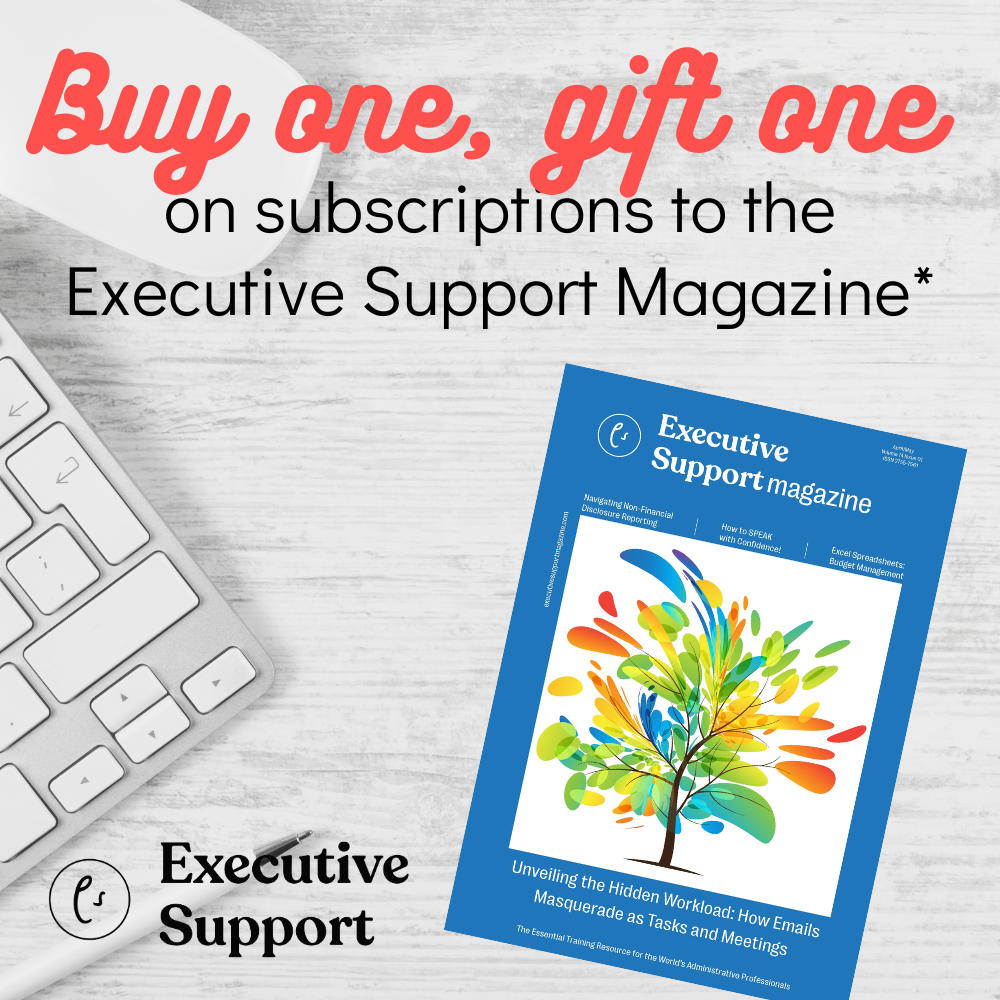
Leading with love in the workplace ensures higher work performance and general job satisfaction, says Sarah Richson
Love is not a common word or emotion traditionally encouraged or uttered in the workplace. Love in the workplace is companionate love, derived from having compassion. Love in the workplace is seen in non-verbal ways like being warm, affectionate, genuine, and caring to everyone. My experience working with people from different industries led to the discovery that this always boils down to one thing: employees who feel loved perform better.
Leading with love is essential in being an effective leader and in being a good example to everyone who looks up to you for guidance, inspiration, and empowerment. It’s about paying attention and caring enough to know what is important to them and what inspires and empowers them to succeed. Leading with love is the key to leadership success. To lead effectively, you must love the people you are leading. In case you are still wondering how love is applied at work, think of simple acts like being empathetic towards a struggling colleague and being understanding when things go wrong, especially to someone who reports to you. It is also directly linked to being emotionally intelligent at work; when people love their work and their colleagues, they tend to want to do right by them.
As a leader, one of my goals is to always be a memorable example to my team – not just for the testimonials, but because I understand the power of having a compassionate manager. It really does make work easier when your team feels obliged to do their best solely based on how you treat them.
We spend roughly one-third of our lives at work – a huge chunk – so creating and spending time in a loveless workplace culture is a missed opportunity. Human beings are naturally drawn to love; it is arguably the most important emotion and action, and has the power to increase feelings of optimism and purpose, two things that go a long way at work. Love at work is important, as it ensures higher work performance, encourages better stress management methods, and provides for greater work engagement and general job satisfaction.
Leading with Love Creates a Gateway to Many Other Opportunities
Lifelong friendships are formed at work. True, we know of romantic relations that stem from work, but great companions can be found as well. Businesses that position humanity first speak to the hearts and minds of people, which helps fulfill their hopes and dreams and ultimately foster meaningful human connections. These companies sincerely believe that if they help people be the best version of themselves, the business will be the best version of itself. People who feel genuinely listened to and who feel important, respected, and cared for stay longer with employers, work harder, produce higher-quality outcomes and products, and are happier and more fulfilled in their jobs. Customers who feel this kind of engagement buy more, refer more, and are more loyal when things go wrong.
Showing love to your colleagues is as simple as greeting co-workers when you arrive. This acknowledges their presence and makes you approachable. It shows that you appreciate and value their presence. Generally, having a positive attitude during challenges encourages everyone to see the best in all situations. People will enjoy working with you when you radiate positivity. You could go a step further and write cards and notes of appreciation, even offering gifts, not just during special occasions but as random acts of appreciation, which go a long way.
Thoughtful things like leaving common areas clean and occasionally taking treats to the office will improve the environment greatly. If you enjoy baking, that banana cake might just change how people relate to you in the workplace. I hope you feel loved at your place of work, but more importantly, I hope you remember to show love; it will definitely go a long way.













